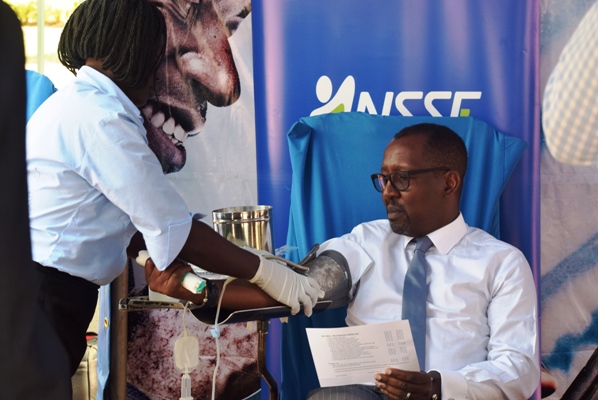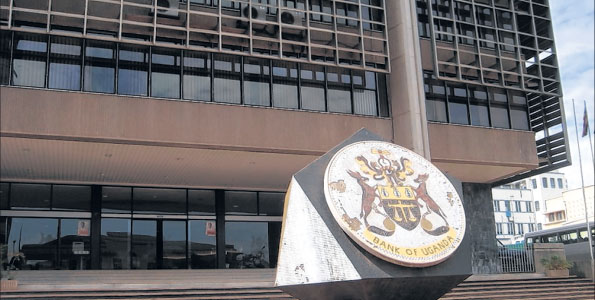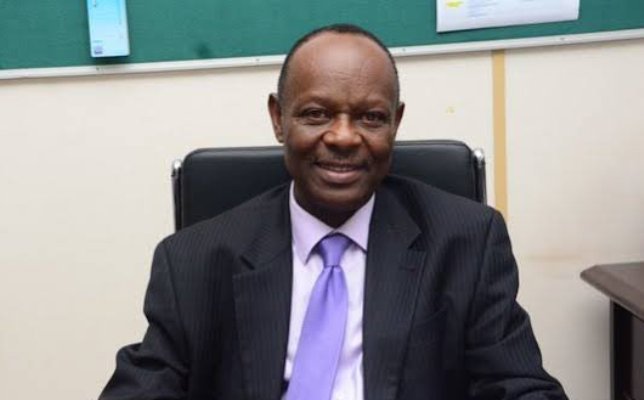By Richard Byarugaba
From this Monday, 13th to Friday 17th January 2020, your Fund, National Social Security Fund (NSSF), working with Ministry of Health and the Uganda Blood Transfusion Services (UBTS) will yet again run the NSSF Blood Donation Drive campaign.
This will be the 9th NSSF Blood Drive for 9 years in a row, since we launched the campaign in 2012. During this time, we have mobilised blood donors all over Uganda to donate 21,425 blood units.
But even with this, and a compounded annual growth rate of 34% in units collected, this is not enough blood.According to the Uganda Blood Transfusion Services, Uganda’s healthcare system, uses about 1,500 units of bloods daily, but UBTS is able to collect on average 1,250 units daily(83% of the required blood) meaning that there is a 17% deficit every day.
But presenting this problem in percentages, obscures the actual gravity of the crisis. Let us look at it this way. Blood is critical in the care and treatment of coronary heart diseases, HIV/AIDS, perinatal conditions (complications before during and after child birth), malaria, road traffic accidents, cancer and sickle cells etc., which are some of the leading causes of death in sub-Saharan Africa- including Uganda.
Blood can be used whole, or separated into its component parts, such as red blood cells, platelets, plasma, and other “substances” that can be used to treat a wide range of diseases. A single unit of blood can be used to benefit several patients.
A 17 percent deficit therefore means that for every 100 peopleabove, who need blood, 17 people never get it. These 17 people could be anyone- it could be me, you or your loved one.
This deficit, according to UBTS varies across Uganda, but North Western Uganda, has a wider deficit (30 percent), followed by Eastern Uganda (19 percent) and Western Uganda (15 percent). But across board, this period of the year, December- January, has the widest shortages. This is largely attributed to the long school holidays- yet students are the largest single group of blood donors. This is exacerbated by the prolonged rainy season which intensifies disease occurrence and prevalence.
Given that blood is unique and cannot be manufactured anywhere and that it is also extremely perishable- lasting for maximum of 35 days, it therefore means that regular donations by unpaid blood donors remains the only source of sufficient, quality and safe blood. Voluntary, unpaid blood donations is therefore almost equivalent to an act of giving or extending life. It is the greatest gift any person can receiveor give to anyone.
It is in light of this that I on behalf of NSSF and our partners- Ministry of Health and UBTS invite you all- all able bodied adults, living in Uganda to participate in this noble life-giving exercise- that is taking place across at 23 locations across the country, starting today, Monday, 13th January 2020.
This time round, we aim to collect up to 15,000 units of blood in this 5-day campaign, to both bridge the annual blood supply deficit but also plug the recurring high demand for blood during the rainy season that is associated with the high disease incidences.
For sustainability purposes, in the medium to long term, the NSSF Blood Drive campaign, also seeks to inculcate a blood donation culture amongst Ugandans, thus enabling Uganda to sustainably meets the World Health Organisation recommended blood collection rates i.e. 10 whole blood units per 1,000 inhabitants
We have made it so convenient- for five (5) days and in the Kampala area alone, we have designated 10 locations i.e. City Square, Clock Tower, Mukwano Arcade, Sekaziga House, Goods Shade, Bwaise Roundabout, NSSF lobby at Workers House, William Street; Opposite Standard Chartered bank, KIbuye Roundabout and Nateete at Samona Building.
In Mukono, we will be at Sombe Supermarket and in Lugazi, we will be at the NSSF office while in Entebbe, we will be in Kitooro town. Other towns are Hoima (Katikara Market), Masaka (Kirumba TC and Katwe TC), Jinja (Central Market), Mbarara (Independence Park Grounds) and Gulu (Gulu Main Market). In Lira we will be at AlebtongAjuri Market, while Fort Portal, we will be at Mpanga Market, Bududa at Bududa Corner and Buwangani and then Nebbi at Pentagon Grounds.
All blood donations centres shall be open between 08:00am and 06:00pm.

As we are at the tail end of the festive season, I would like to remind and urge everyone that voluntary, unpaid blood donation is a real act of giving life – the greatest gift any person can give to anyone.Since blood can’t be manufactured- getting ourselves to develop a blood donating culture is very vital to reducing complications and sometimes deaths related to lack of safe blood.
Let us all do everything within our abilities- let us donate, let us encourage our friends and families to donate and also encourage them tell their peers to donate too.
Together, we can end blood shortage in our healthcare system.
The Writer is Managing Director, NSSF




